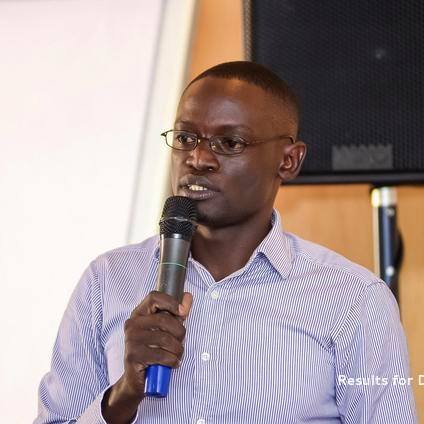By Samuel Wambayo
As the world grapples with putting up measures to contain this pandemic, I have followed the proceedings on the media enthusiastically since day one, including news channels, social media platforms and blogs I could get hold of. I believe so many people out there did the same.
During the his live addresses, the president has been pausing interesting questions to the scientists. This gave us an opportunity to underline many lessons. First, about how much we know about this virus. Second, how much we are prepared to learn about emerging threats to our existence and third, the impact of the disease in general.
I have seen first-hand impact of the lockdown in our centres of operation in the slums of Katanga, Naguru, and Namwongo where our previous food supplies for children have been rationed to feed starving families.
There is no doubt that this pandemic has exposed how easy it is to diminish human kind off the earth as well as the incapacitation of agencies whose central purpose is to identify and devise a robust structure to mitigate calamities. Examples of Ministry of disaster and preparedness, Uganda Virus Research Institute, Ministry of Health, and even the Internal Security Organisation for the Ugandan context. These need to be highly prioritised post this pandemic.
The lockdown has a socio-economic impact, although, I would like to capitalise on the social aspect because having a psychologically or mentally healthy workforce is essential to maintaining a strong and productive economy.
While there’re a good number of observable positive effects resulting from family bonding, physical exercise and fuel on unnecessary traffic, saving extra pennies on beer parties, and finally less Carbon emissions for our planet. The opposite is however true; many families risk breakdowns out of the fact that they’re not used to staying together for a long time amidst reduced or no incomes at all, conflicts arise from things previously considered minor.
Governments worldwide are working around the clock to ensure that their economies stay afloat, ensuring job security, unemployment benefits, and economic stimuli. However, we cannot shy away from the increasing cases of family breakdowns, a case of those living with relatives or marrieds where there is recurring violence against women, children and sometimes men. These directly impact mental health leading to stress, anxiety, self-harm, suicidal behaviours, due to the un-ending extensions of the lock downs and implication on the financial well-being.
Elsewhere in the world, 5% of the population affected by Hurricane Ike in 2008 met the criteria for major depressive disorder in the month after the hurricane. 1 out of 10 adults in New York showed signs of disorder in the month following the 9/11 attacks and almost 25% of New Yorkers reported increased alcohol use after the attacks. The SARS epidemic was associated with increase in PTSD, stress and psychological distress in patients and clinicians. For such events, the impact on mental health and other effects can occur during and in their immediate aftermath.
Mental health continues to be one of the most unlooked areas by the community that associates it with witchcraft or self-inflicted abuse of alcohol and drugs. Save for Butabika, few Ugandans know about other mental health facilities.
It is therefore imperative that governments define measures that may well effectively reduce the adverse effects of the above through a well-integrated and supportive initiative. We must offer primary prevention services and earlier interventions that ensure a good response to maintaining good family relationships and mental health. Such measures may include a toll free family helpline, department of counselling (both professional and religious), village family support fund and psychosocial first aid, among others.
While still under lockdown, access to information for masses should be facilitated. Government should have public airtime on all media in order to reach the people. It would be timely to time to suspend access to information taxes like OTT and setting up community information access hubs for the low income earners.
Access to information will spur private initiatives by citizens such as embracing online social services like gyms, yoga, gospel podcasts, and live music shows all which contribute to the mental well-being.
The Writer is the Executive Director Kids Club Kampala.
